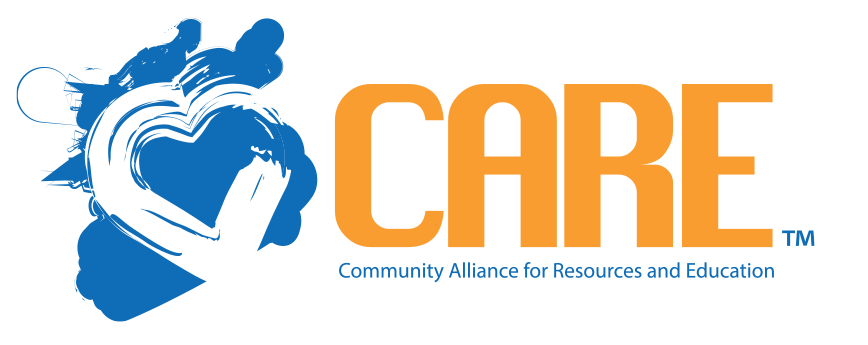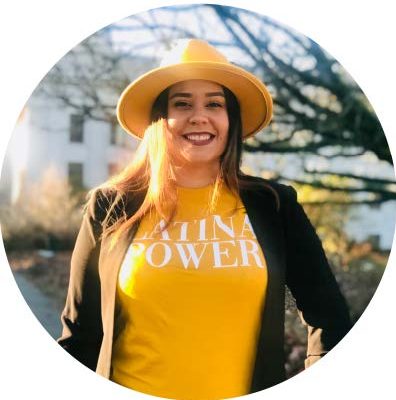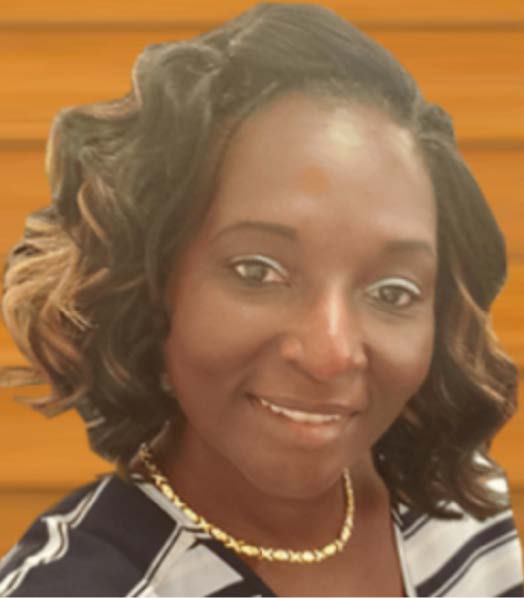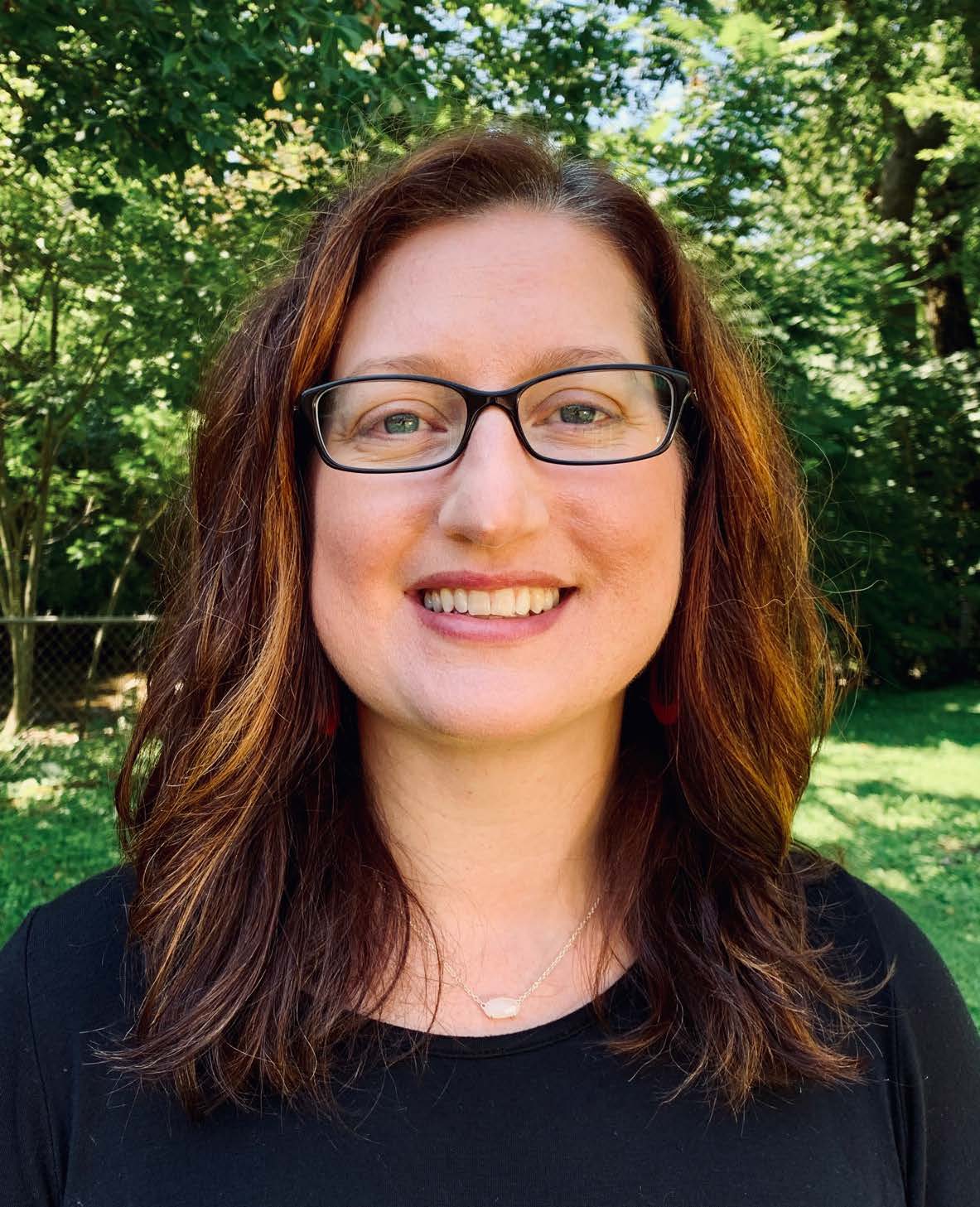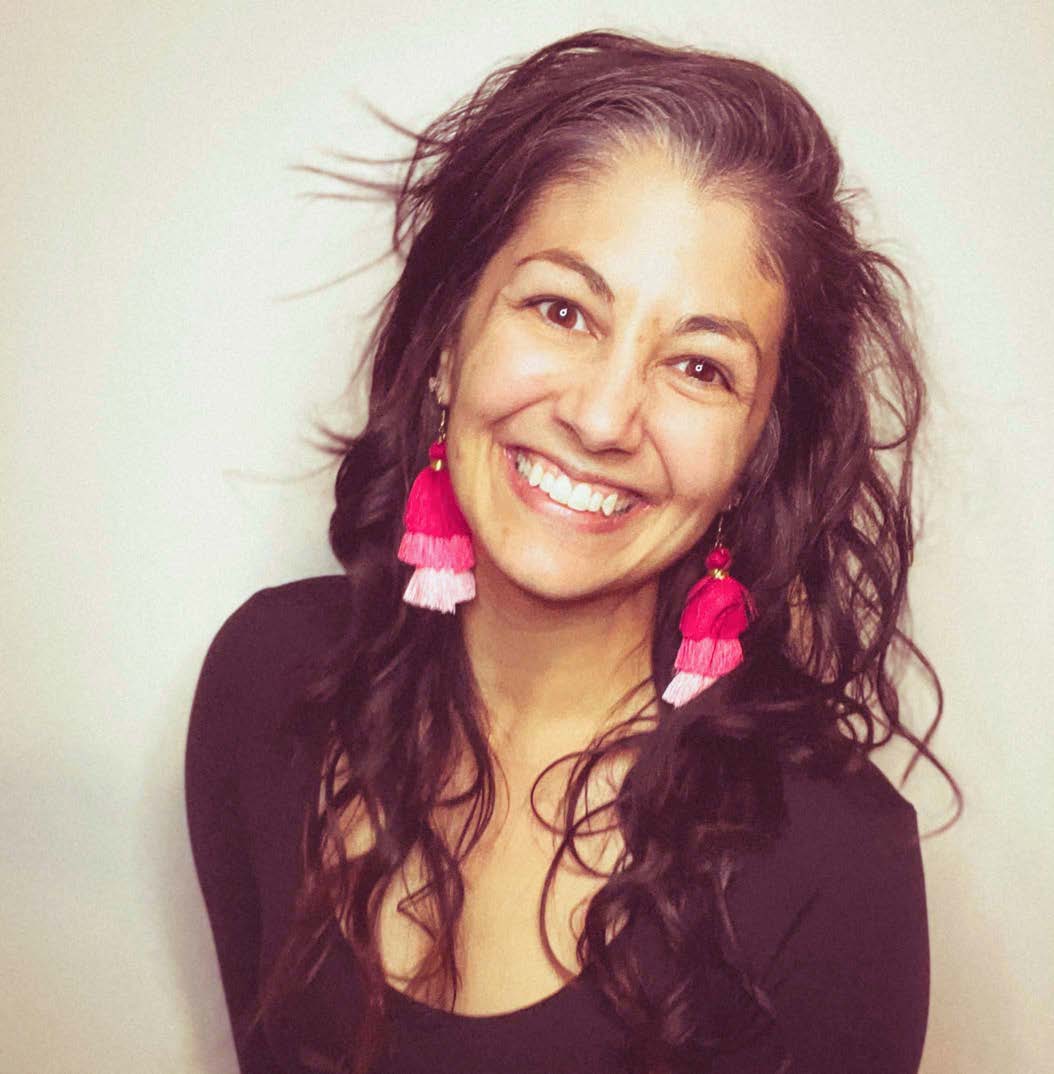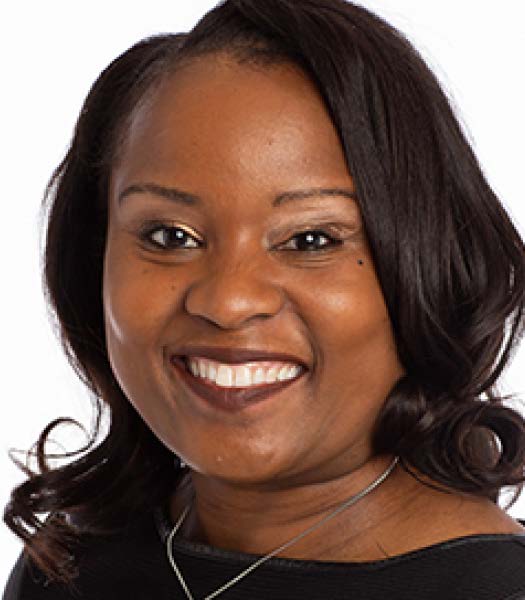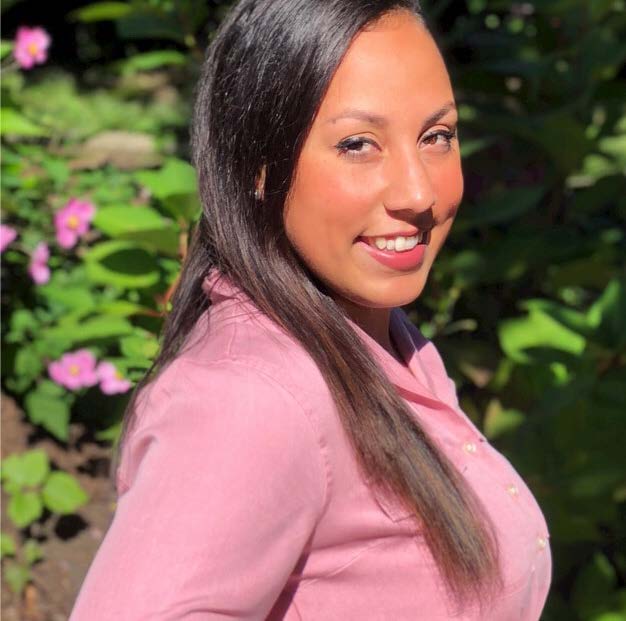Touchstone Health Services Equity Series

Program Overview:
Join Arizona CARE Coalition for a three-part virtual learning series that focuses on understanding the social determinants of health and education,
exploring opportunities to use systems of care principles to enhance health equity and collaboration, and leveraging the strength and resilience
within the communities, we serve through strategic and culturally responsive partnerships.
Primary Audience for Series:
School-based mental health professionals (school social workers, school counselors, school psychologists)
Community-based mental health providers (counselors, social workers, clinical directors)
Education leaders (state, district, county school administrators)
Session 1: Health & Mental Health Equity
Tuesday, April 20, 2:00-3:30 p.m. PT
How might defining health equity for ourselves and those we serve support our long-term work?
Faculty: Tonicia Freeman-Foster, Ed.D. & Evelyn Clark
The first session in the learning series explores how to identify the social determinants of health in an education environment, and why attention to
health and education equity impacts our long-term contributions to community wellness. Participants will explore personal experiences and
preconceived ideas regarding systemic inequity, and they will develop actionable commitments for individual and collective growth.
Outcomes:
- Identify a common language among cohort groups for the identification of health and educational equity.
- Explore individual and collective pressure and pride points of health equity in the work environment.
- Create reflection and commitments for individual and collective growth.
Session 1 Faculty Bios:
Evelyn Clarke is a Mexican-Native American woman who is passionate about diversity, equity and inclusion and leadership. In her previous role as Youth Liaison for Washington State Health Care Authority, The Division of Behavioral Health and Recovery, she was able to build leadership networks for young professionals working in Community Behavioral Health and for consumers who were system involved. She was appointed by the Governor as a member on the Washington State Partnership Council on Juvenile Justice. She also chaired the youth subcommittee under the partnership council for two years, leading youth to be agents of change. She also Co-chaired the Partnership council on Juvenile Justice Behavioral Health committee. Evelyn has lived experience in the juvenile justice system and the behavioral health system. For 12 years, she served youth and families in children’s long-term inpatient facilities, juvenile rehabilitation facilities, juvenile detention, foster care system, and youth within the Wraparound with Intensive Services (WISe) program. Together, with the help of the youth, they created a local youth group called Youth Truth. Evelyn was one of the first youth peer counselors in the State of Washington to supervise other youth peer counselors at a behavioral health agency. Her role with the State of Washington allowed her to provide technical assistance on utilization of youth peer counselors, youth engagement and leadership to youth-serving systems and agencies across Washington State. She helped create, with youth leaders in Washington State, the state’s first Transition Age Youth network. Evelyn also co-chaired the International association of peer support youth and young adult committee and is a board member of Youth MOVE National and the SAJE (Study and advancement of justice effectiveness) advisory committee. She is the proud recipient of the 2019 Peer Alternatives youth and young adult leadership award. She is passionate about ending racial and ethnic disparities in the systems and promoting leadership opportunities for people of color.
Tonicia Freeman-Foster, EdD., is a Certified Diversity Professional and Certified Health Education Specialist with nearly 20 years of experience in restoring hope, resiliency and wellness through her work with underserved persons and marginalized communities, as well as managing and directing local, state and federal funding. Dr. Freeman-Foster is very passionate about the health and well-being of all individuals. She is also extremely passionate about advancing diversity, equity, inclusion, belonging and justice. Dr. Freeman-Foster possesses extensive knowledge of the challenges related to child welfare, HIV/AIDS, substance use, mental health, as well as the unique experiences of LGBTQ2, re-entry, youth, young adults, women and BIPOC populations. Dr. Freeman-Foster currently serves as a Change Specialist, at Change Matrix. In this role, she provides technical assistance, training and skills building in topics related to leadership, cultural proficiency, diversity, equity and inclusion for national projects and grantees. Prior to coming to Change Matrix, Dr. Freeman-Foster served as the Project Director for the Florida Healthy Transitions program. In this role, she worked alongside her team to develop and enhance a peer-to-peer behavioral health movement for transition aged youth and young adults, in which youth and young adult voice guided all aspects of the program. Dr. Freeman-Foster also developed and served as the Diversity, Equity and Inclusion Coordinator for her organization’s staff and Board level activities. Dr. Freeman-Foster possesses a Bachelor’s degree in Health Science Education (Community Health) from the University of Florida, a Master’s degree in Human Services (Organizational Management and Leadership) from Springfield College, and a Doctorate degree in Education (Organizational Leadership) from Argosy University.
Session 2: Systems of Care & School Leadership
Thursday, May 13, 2:00-3:30 p.m. PT
How might we partner between and across service systems to lead our school communities towards health equity?
Faculty: Sukey Steckel & Yesmina Luchsinger
The second session in the learning series dives further into the role of school leadership and collaboration with community stakeholders across
service systems (e.g., child welfare, mental and behavioral healthcare, religious and spiritual supports) to disrupt systems inequity and reduce
bureaucratic hurdles for the students and families in our care.
Outcomes:
- Explore connections between systems of care and long-term health equity.
- Identify informal systems within systems of care as a source of strength and resilience for the CARE Coalition Community.
- Create connections and integration points to maximize resources for sustainable change.
Session 2 Faculty Bios:
Sukey Steckel, LMSW, is a system of care administrator, technical assistance (TA) provider, and professor who brings over a decade of experience in the children’s mental health field to her role with the Center for Applied Research Solutions (CARS) team. As a TA consultant with the University of Maryland National Training & Technical Assistance Center for Child, Youth, & Family Mental Health she provided support to system of care communities across the country working to improve service delivery systems for children, youth, and families experiencing mental health challenges. Her specialty areas include children’s mental health policy, system of care implementation, interagency collaboration, leadership development, organizational management, curriculum development, and grant writing/management. She is passionate about applying Adverse Childhood Experiences (ACEs) research to practice, trauma-informed care, and systems change. Over the past two years she has combined these passions to co-create the Roadmap to Resilience, a dynamic online learning platform for trauma-informed care, and collaborated on the validation of a new instrument to assess trauma-informed care at the organizational level. Ms. Steckel is currently an Assistant Professor of Practice with the University of Tennessee, Knoxville College of Social Work (UTK), where she specializes in courses related to neurophysiology and human development, evidence-based practice with children and adolescents, social welfare policy, and leadership and management. Prior to joining UTK in 2015, she worked for the State of Tennessee for over 15 years in a variety of capacities, most recently serving as the Children’s Mental Health and Systems of Care Director for the Tennessee Department of Mental Health and Substance Abuse Services. She earned her Master of Science in Social Work from UTK, has served several terms on the board of the National Association of Social Workers, Tennessee Chapter, was appointed by the Governor to serve on the State Sexual Assault Services Advisory Group, and is co-founder of the Tennessee Chapter of the Network for Social Work Management.
Yesmina Luchsinger, M.S., is an innovative education and mental health systems leader who has led a diverse range of successful school safety, health and wellness projects. She is recognized as a leading voice in the areas of mental health, educational equity, trauma, mental health parity, prevention, and school safety. Prior to joining NTTAC, she served as the Director of School Safety & Social Wellness at the Arizona Department of Education during the expansion of their nationally recognized School Safety Program to include counselors and social workers for the first time. Yesmina’s team also led the development and release of Arizona’s Model School Safety Plan, coordinated the implementation of a statewide suicide prevention initiative through Project AWARE, provided systems leadership to the education community in response to the COVID-19 pandemic, and participated in developing the Arizona Model Mental Health Referral Policy for schools. Yesmina’s past experience with the behavioral health field spans the provision of services to youth in congregate care homes, including dual diagnosis for placement for pregnant and parenting mothers in recovery from addiction. She was responsible for developing staff training programs to enhance workforce knowledge and expertise for substance use treatment and youth services for those exiting the juvenile justice system. Yesmina was recognized by the National Center for School Mental Health in 2019 as the Youth and Family Partner of the Year for her work to elevate and empower the leadership of the communities she serves. Yesmina is currently working to improve collaboration within care networks such as health, education, and child welfare. In her free time, she teaches yoga, paints, and sends snail mail to her friends.
Session 3: Community & Caregiver Partnerships
Thursday, June 24, 2:00-3:30 p.m. PT
How might we partner with community and caregiver stakeholders to move our school communities towards health equity?
Faculty: Dionne Coker-Appiah, PhD. & Tamara Manzer
The final session of the series builds upon the terminology and principles learned to uplift sustainable partnerships with caregiver, student, and
community stakeholders. We celebrate community and caregiver partnerships as an indicator of strength and resilience; we honor the various
cultural, spiritual, and community values as the foundation of success.
Outcomes:
- Identify pride and pressure points that obstruct and promote effective community-school-caregiver partnerships.
- Explore essential elements of culturally responsive partnerships that champion student/caregiver voice and choice.
- Connect and reflect with peers to apply lessons learned to CARE Coalition initiatives and individual practices.
Session 3 Faculty Bios:
Dionne Smith Coker-Appiah, PhD, is an Assistant Professor in the Department of Psychiatry at Georgetown University Medical Center. Dr. Coker-Appiah’s research program focuses on using community-based participatory research (CBPR) approaches to study adolescent health, more specifically, adolescent dating violence (ADV), adolescent mental health, and adolescent sexual health among rural African Americans. She has collaborated on several federally and non-federally funded research projects. Dr. Coker-Appiah focuses on appropriate and effective ways to integrate health implications into ADV prevention interventions. Overall, her research program is designed to (a) prevent adolescent dating violence and the associated health implications among rural African Americans, (b) build effective and sustainable community partnerships that build rural communities’ capacity to address these issues, (c) reduce health disparities and promote health equity among rural youth of Color. In addition, Dr. Coker-Appiah has received NIH training in adolescent neuropsychology in the Section on Affective and Cognitive Neuroscience at NIMH. Areas of Research: Adolescent dating violence, Adolescent mental health, Adolescent sexual health, Child/Adolescent exposure to interpersonal violence, Community-Based Participatory Research (CBPR), Low income and minority populations, Adolescent Neuropsychology.
Tamara Manzer’s journey with leadership and advocacy work began at Youth MOVE Maine with Maine’s Trauma-Informed System of Care Initiative, where she developed and coordinated statewide programming that served youth involved in systems. Tamara comes to Youth MOVE National with a lens of having faced adversities of her own, and she wholeheartedly believes in the power of supporting youth towards wellness and resilience. Tamara served on Maine’s Juvenile Justice Advisory Group (JJAG) as an advocate and member of the Disproportionate Minority Contact Committee, where she examined racial and ethnic disparities within the juvenile justice system. She has a plethora of experience working in the nonprofit sector. Tamara has experience at an innovative education organization as part of a school turnaround initiative for education reform. More recently, Tamara also spent some time working at Maine Health’s Center for Health Improvement. Tamara is passionate about the rights of young people, racial equity, and thriving communities. In her free time, she enjoys life with her family and embraces fitness.
